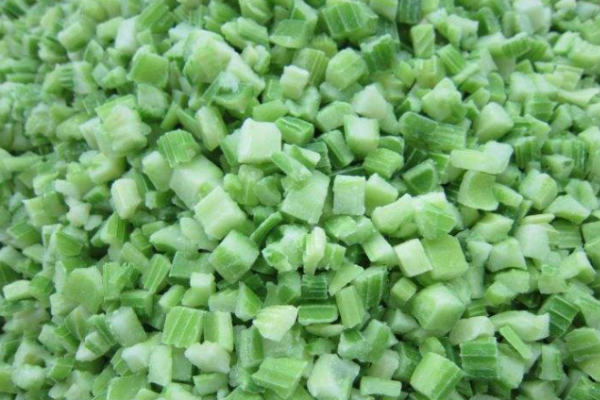Nutrition of frozen vegetables
The difference between quick-frozen vegetables and fresh vegetables is mainly the loss of some water-soluble vitamins, such as vitamin C, vitamin B, etc. "Frozen vegetables are heated and thawed before cooking. This process will cause the loss of water-soluble vitamins in the vegetables."

In Yan Xiaodong's view, quick-frozen vegetables mainly provide nutrients such as dietary fiber, vitamins and minerals, and different varieties of vegetables have different nutritional content. He said that not all vegetables are suitable for freezing. "Generally, quick-frozen vegetables include peas, carrots, etc. There are very few leafy vegetables, and the taste after thawing is not very good."
Yu Liang, a registered dietitian, said that frozen vegetables can be stored for a longer time, so that some vegetables that are not in season can be eaten at any time, which is convenient to eat. If vegetables are quick-frozen to standard specifications, the loss of nutrients in vegetables can be minimized. Yu Liang said that quick-frozen root vegetables, such as carrots and green beans, have relatively little nutrient loss and better taste.
- We have practically run out of broadleaf herbicides for garlic cultivation
- Egypt: Record onion exports in the last six months
- Our fruit drying concept offers added value to growers and traders
- Larger US lemon crop this season
- Peruvian pineapple still has great potential to increase its exports
- Pagoda held a Newton apple tasting in Guangzhou
 Telephone :+86-15562397099
Telephone :+86-15562397099










